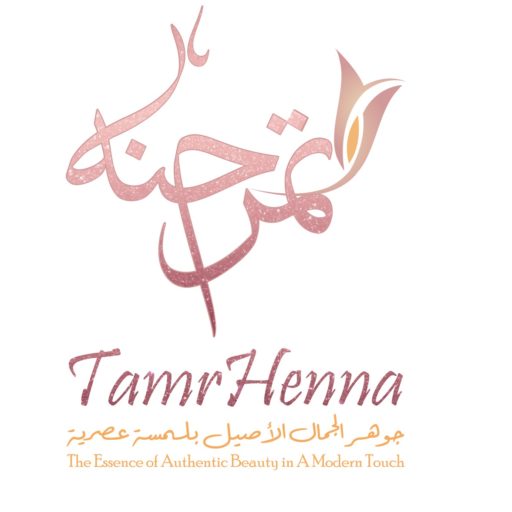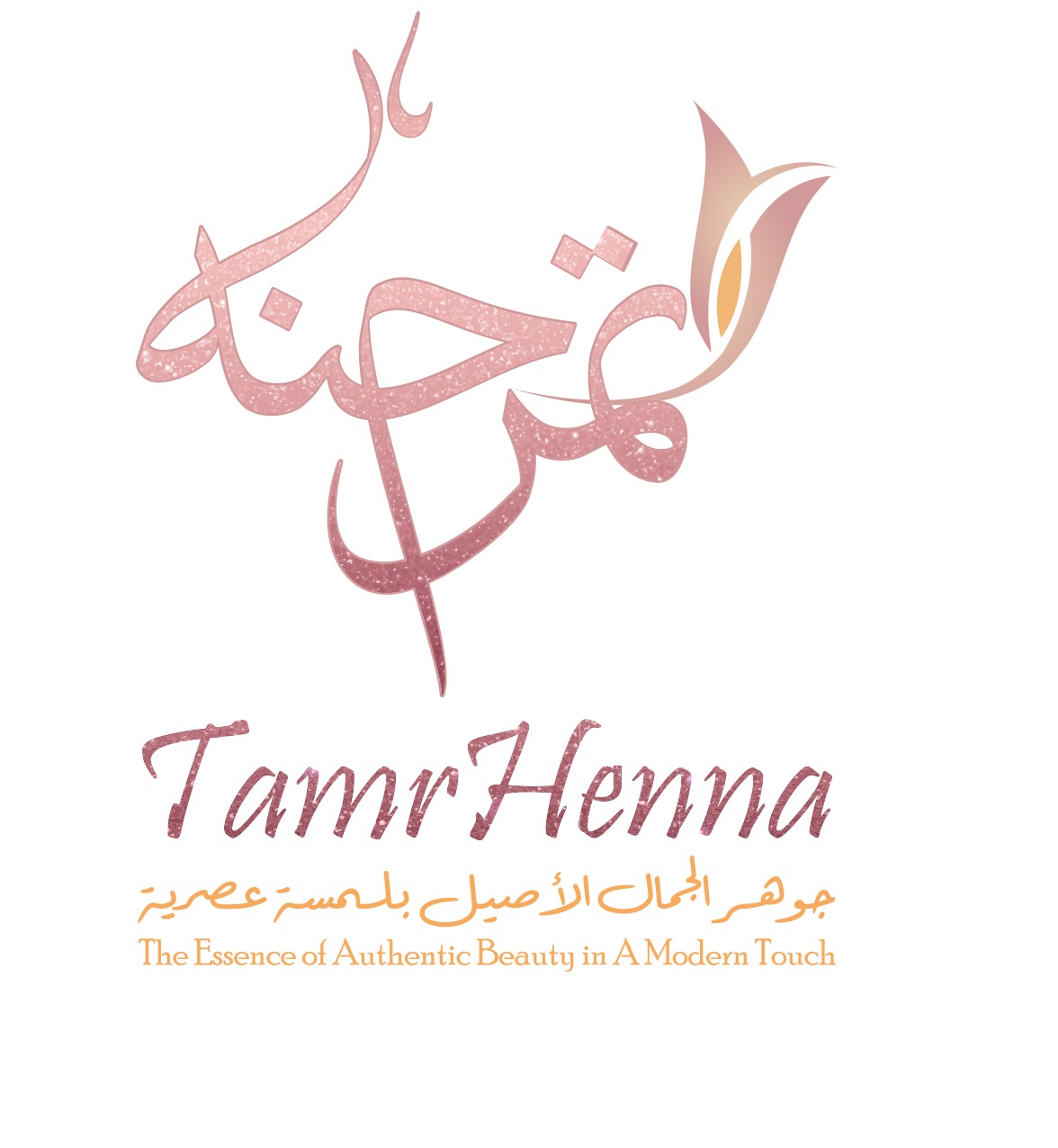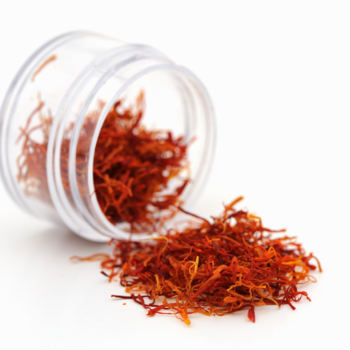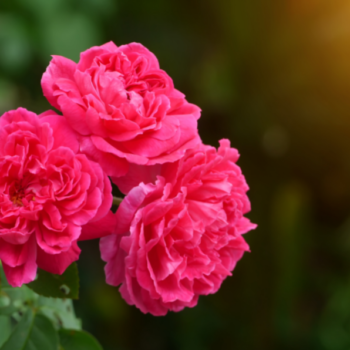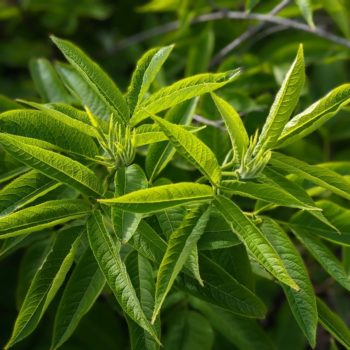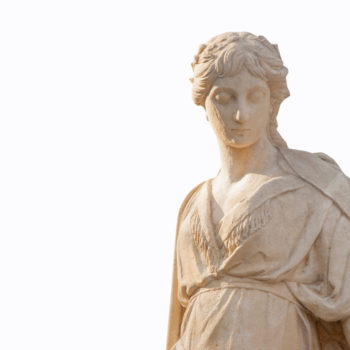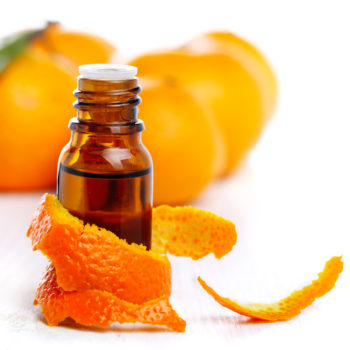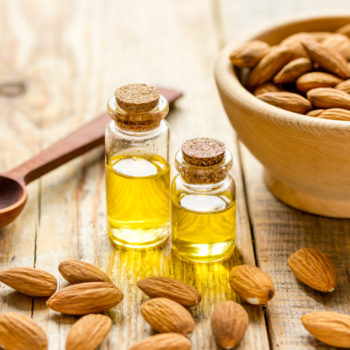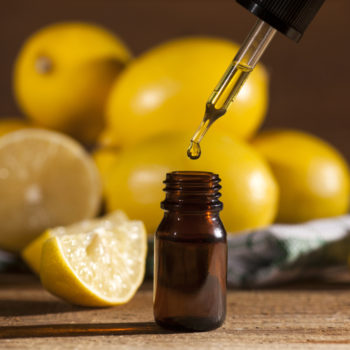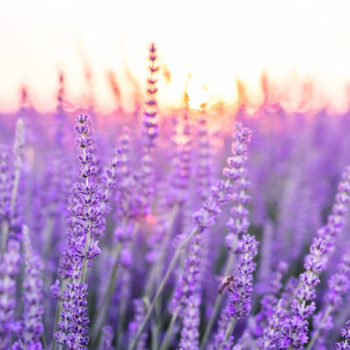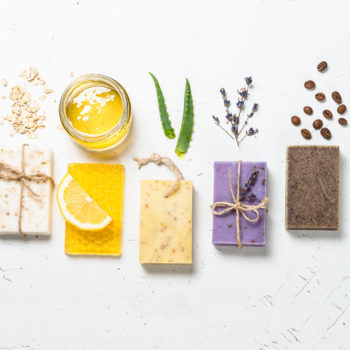Renowned as “Red Gold,” saffron is the most expensive spice globally; sometimes, the price is even higher than gold. This bittersweet spice with a honey-like aroma is one of Tamr Henna’s luxury ingredients. Our article will take you on a journey through Saffron’s storied past and tell you what lies ahead for this valuable spice....
Author: Tamr Henna (Tamr Henna)
The Roses in Morocco and Its Importance
Roses are the symbolic flower of Morocco – it signifies love, fidelity, and joy. Roses have been revered for centuries in Moroccan sacred ceremonies, vibrant weddings, and formal occasions. Nowadays, roses are harvested across Morocco, turned into rose water and rose oil, used daily, and distributed globally, such as in the cosmetics industry. Indeed, these...
Verbena essential oil
Like the charming, fresh scent of fresh lemon citrus that embodies freshness and relaxation, verbena essential oil would be a great ingredient boosting skin, body, or hair care products. The aromatic properties of Verbena are just the start. There’s more you need to know about this magical essential oil. Morocco is one of the biggest...
Ancient Beauty Secrets from Around the World
Much of what makes up the beauty industry has a deep-rooted history in today’s world. The habits and techniques we use in our daily beauty routines were often formed by observing our parents when we were young, making our mother, aunt, and grandmother seem like experts in everything beauty. A treasure trove of timeless beauty...
Ancient Beauty Rituals: Women of Greece
Ancestors of the Greeks were deeply involved with natural healing and mythical beauty. In fact, the word “cosmetics” is derived from the Greek word “kosmetikos,” which originated in the early 17th century. Greek culture established aesthetic standards: the ideal body was determined by an ideal of dominated beauty during those times. To remove sweat and...
Sweet Orange Essential Oil
A plant’s essential oil acts as the spirit of the plant. Each has its distinct smell as it exemplifies the aroma of the plant or its essence. Often used for aromatherapy for reviving energy, improving focus, calming stress, and restoring balance. These days, pure essential oils are considered luxurious ingredients in high-end cosmetics due to their...
Sweet Almond Oil
Tamr Henna takes pride in the natural rich ingredients used in our products, like the sweet almond oil beloved by many for its moisturizing properties, mild scent, transparent appearance, gentleness, and rapid absorption when applied on the skin. The sweet almond oil is extracted from the sweet, edible almonds by the Prunus Amygdalus Dulcis, and...
Lemon Essential Oil
Perhaps you’ve heard about lemon juice’s benefits before when consumed, but did you know that lemon essential oil has potent benefits? A whiff of this refreshing scented oil used in aromatherapy has a powerful effect, and when used as part of skincare products, it is even more powerful. Therefore, it is widely used today in skincare,...
Lavender: Symbol of Purity, Solitude, Elegance & Serenity
The plants are magical, like LAVENDER, completely hypnotizing… Just looking at the images of the lavender with their silvery-green leaves and spears of purple, pink, or white flowers, instantly will calm and makes you feel relaxed. It evokes an image of yourself in a lavender field while enjoying the fragrance of lavender. In addition to...
An Overview of Soap History
It was the Babylonians, the Mesopotamians, the Egyptians, and the ancient Greeks and Romans who made the first soap-like substances around 2800 BC. They all made soap by mixing fats, oils, and salts. Bathing and personal hygiene were not the primary purposes of soap use. Instead, they were produced to clean cooking utensils, wool, cotton,...
